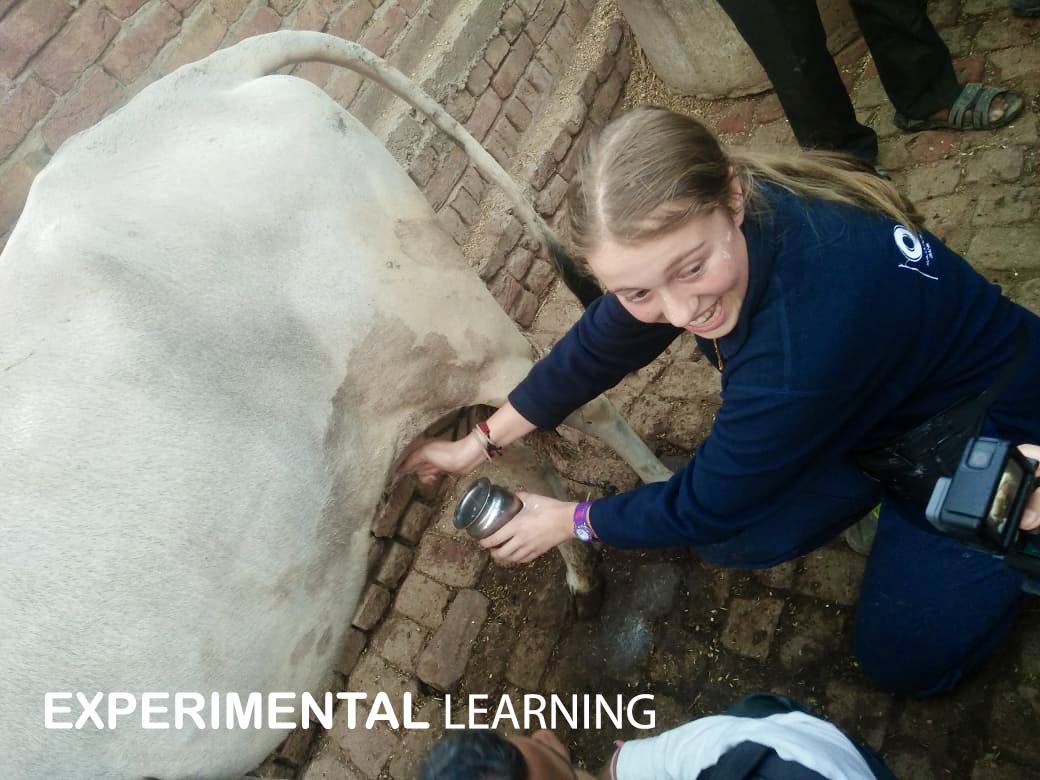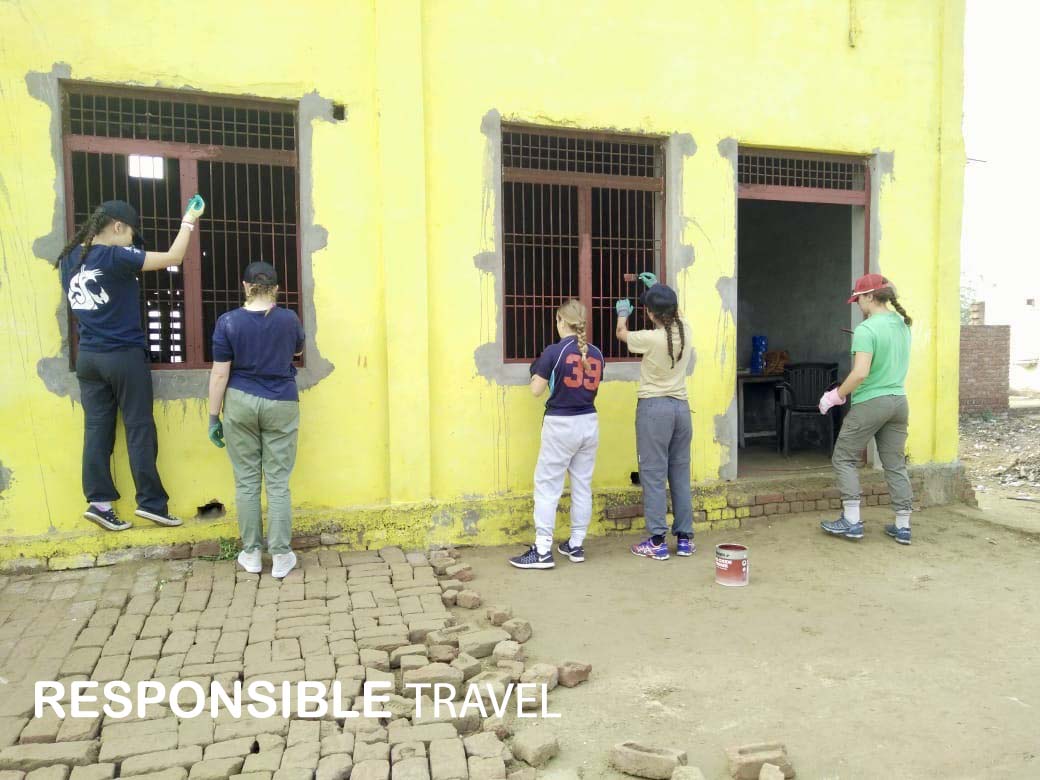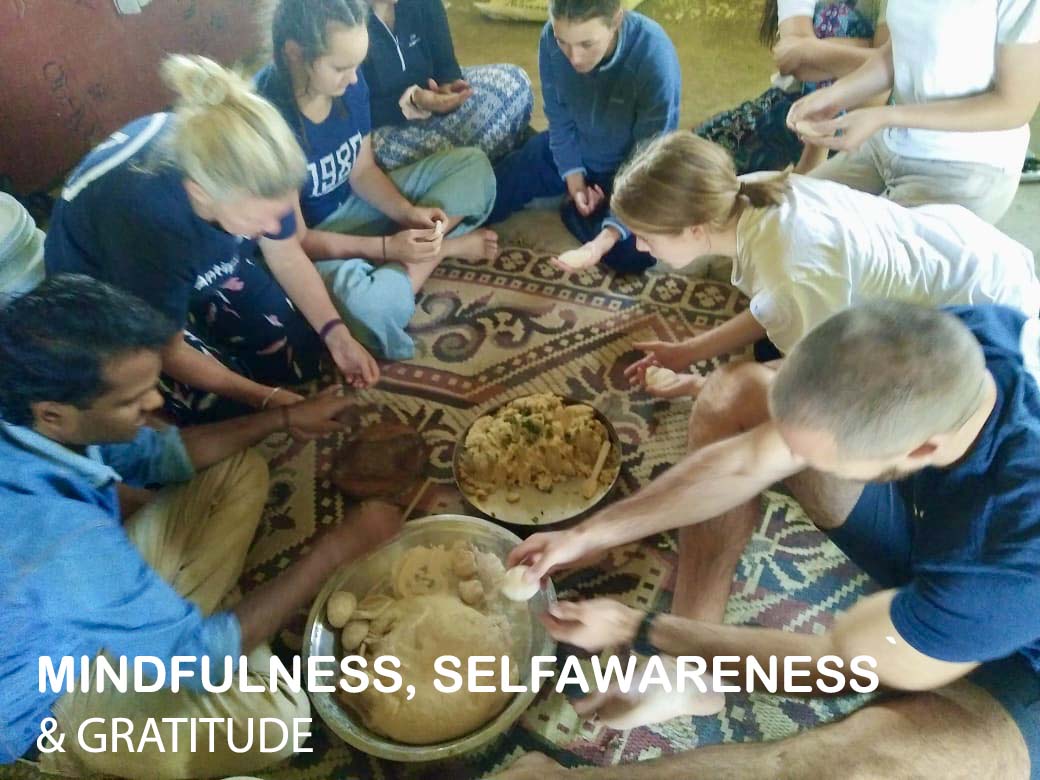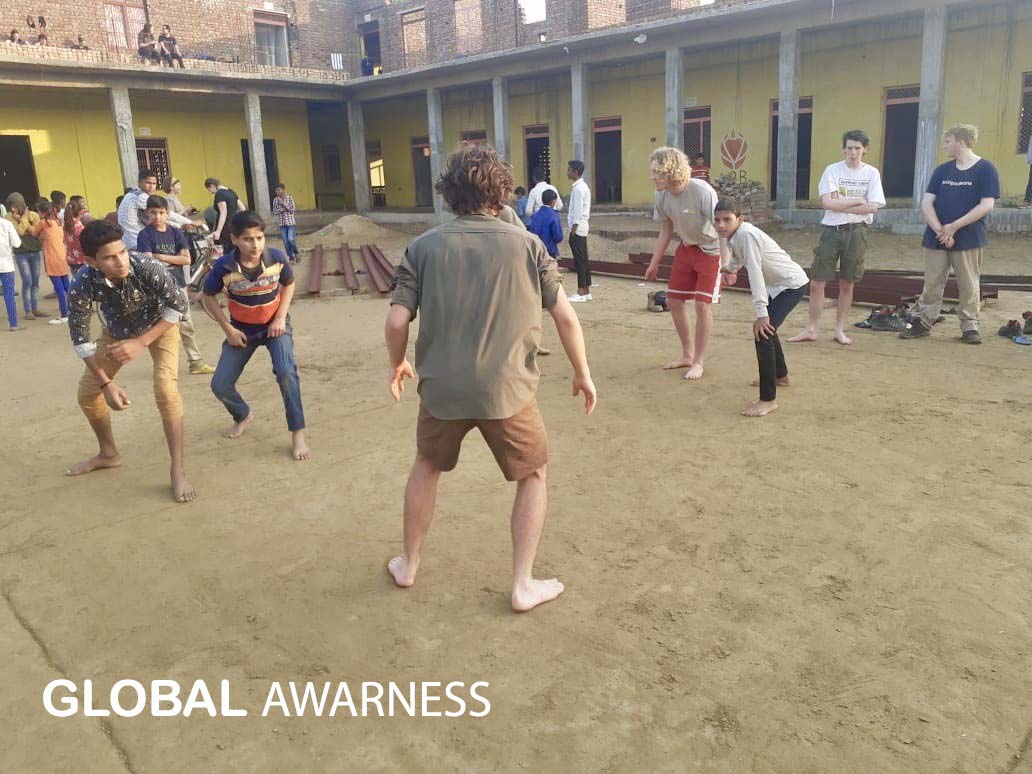Our vision is to create extraordinary people: We provide more than an overseas stint. We empower students to take ownership, learn vital life skills and develop a better understanding of themselves, the world and their place in it. Unlike anything found in a travel guide, standard students trip or in a classroom, our experiences help students uncover their own unique abilities. They become better versions of themselves through:

Our Programs engage students in critical thinking, problem-solving and decision-making in contexts difficult to simulate in school. The consolidation of ideas and skills through feedback, reflection and application, in a new environment, makes our journeys one of the most powerful learning experiences a young person can partake in.

Unlike a package tour, our programs encourage students to make decisions, from planning the itinerary to managing the team’s travel budget, through to organising transport, accommodation and food. Primarily student-led, our journeys allow teams to flourish and discover their own unique leadership styles and abilities.

We believe the first step to a student being a socially aware citizen is to see and respect the world as it is. Rather than pay lip service to the term “responsible travel” we put people before profit. A local’s livelihood, landscape and culture come first. Through responsible travel we can change the world—everything revolves around not only striving to but also teaching how to be responsible travellers

The opportunity to slow down, disconnect from social media and focus on the present moment is rare at home. Through reflection and exposure to new cultures, our travellers learn to appreciate the smaller, quieter moments. This newfound perspective fosters awareness and a sense of gratitude for the opportunities they’ve otherwise taken for granted.

Exposing students to global issues helps their development into socially-aware citizens. Through rewarding community service projects, local immersion and outdoor adventure, we expand their perspective on other cultures and the environment, bringing to light their own unique impact on this earth.

Travelling in the developing world is challenging. Our students are eased out of their comfort zones and encouraged to think for themselves. They adapt, learn how to collaborate and above all, how to bounce back from adversity.
Our code of conduct
Promote environmental and social responsibility
- Work towards the protection of the environment, both locally and globally by using resources in an efficient, fair and responsible way.
- Design our programs to limit the physical impact on our planet.
- Protect the human rights of staff, travellers, suppliers and local communities, as well as other stakeholders impacted by our business, treating all with fairness and respect.
- Promote equity across our global community and protect our most vulnerable societies.
- Support and encourage fair employment practices.
Adhere to sustainable tourism best practice
- Ensure ongoing support for communities and longevity of projects.
- Continue to align with the United Nations’ Sustainable Development Goals.
- Listen to the needs of communities first and foremost.
Use business as a force for good
- Work towards a long-term vision whilst being aware of the impact we have on our planet.
- Have good governance in place to plan, manage and understand our impact.
- Build awareness in our travellers, suppliers, staff and stakeholders on their social and environmental responsibilities.
- Continue to partner with responsible tourism providers and ensure all stakeholders adhere to our Supplier Code of Conduct.
Protect animal welfare
- Promote responsible tourism and encourage customers to be animal-friendly travellers.
- Protect wild and domestic animals used in tourism by not offering or promoting venues where animals are exploited.
Support local
- Respect the local customs and cultures of every community we visit.
- Provide employment and training opportunities for local people.
- Use locally owned infrastructure for transport and accommodation.
- Aim to spread the distribution of financial benefits fairly amongst local people, communities and operators.


